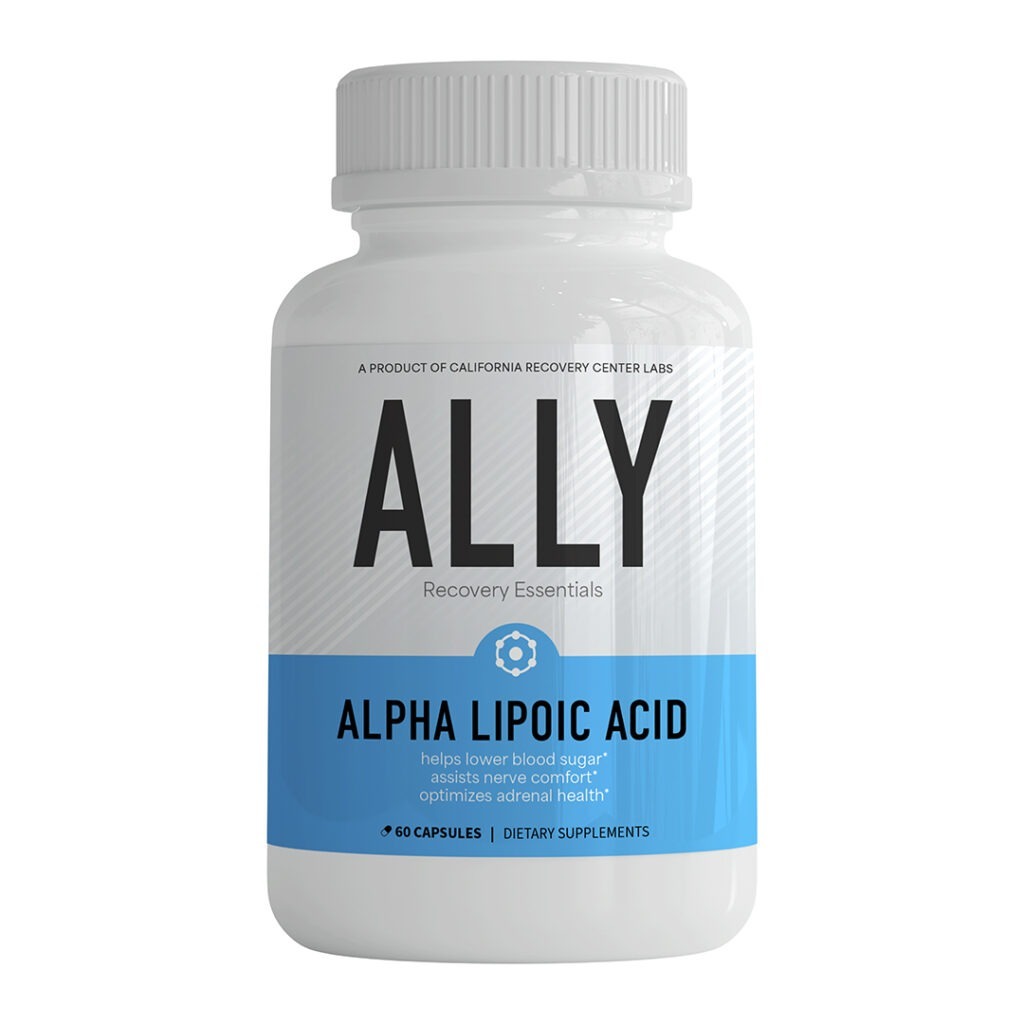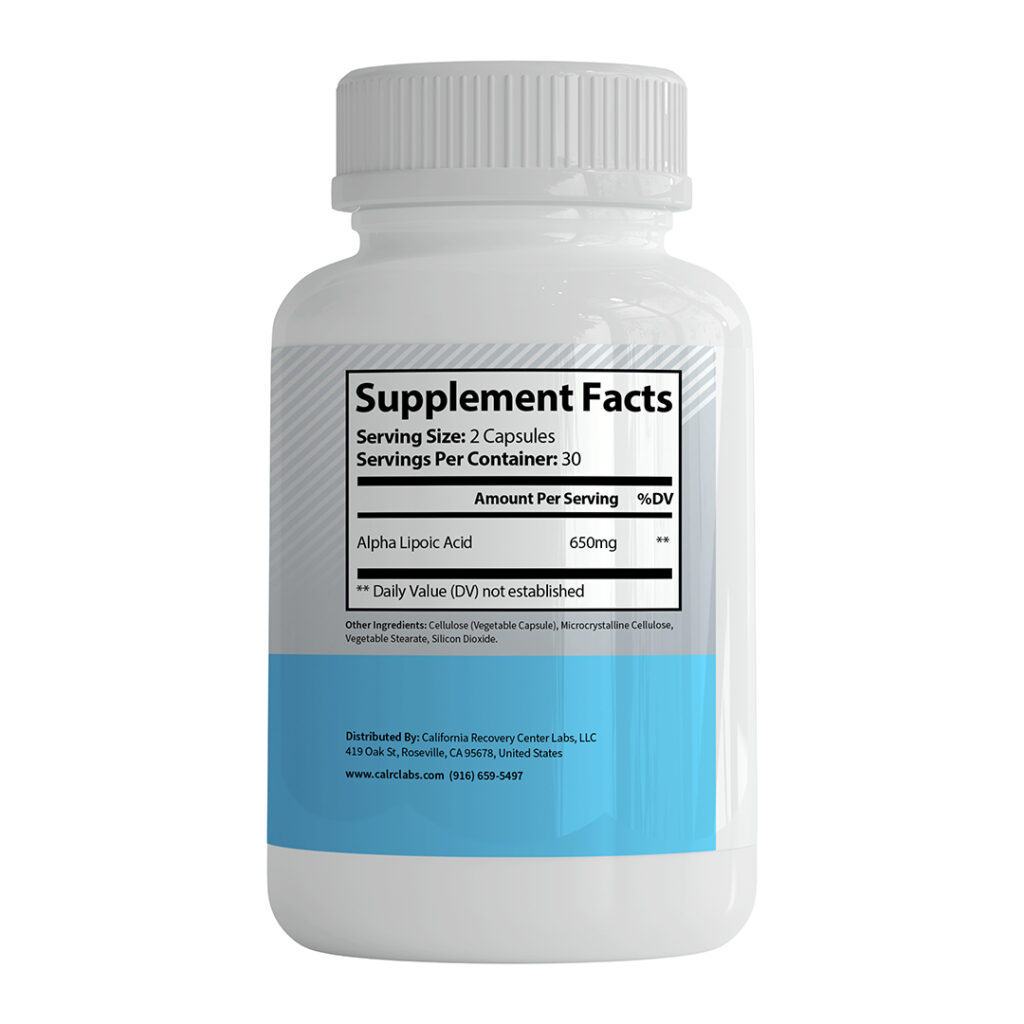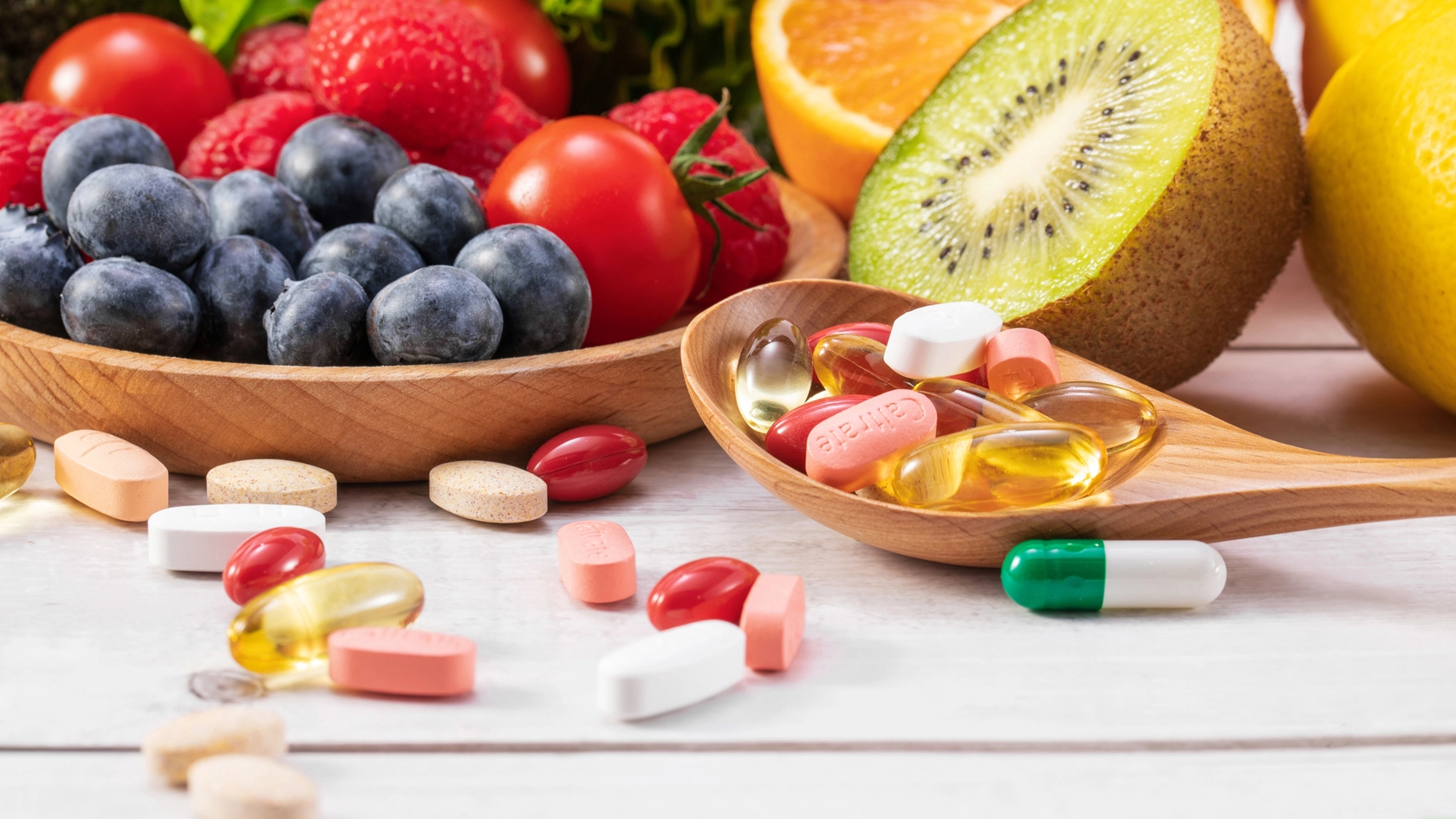The human body is a system of complex processes that foster harmony. If we look at the microscopic level, the molecules appear to be interacting in a carefully choreographed dance. But there are times when some molecules interfere with the choreography.
If you already have heard about skin aging, cancer, or Alzheimer’s disease, then you probably know about free radicals! Yes, these are molecules that ruin the harmony within your body.
Good thing, there are antioxidants. And they keep those free radicals away!
Antioxidants in a Nutshell
Antioxidants are molecules that prevent and delay cell damage by combatting free radicals. Free radicals are produced through normal metabolic processes and exposure to toxins in the environment. When there’s an imbalance between the production of free radicals and the body’s ability to counteract their harmful effects, it can cause oxidative stress, which has been associated with health conditions such as heart disease. Eating a diet rich in antioxidants will aid in reducing oxidative stress and disease risk.
Natural Sources of Antioxidants
Antioxidants can be found in many food sources and can be categorized as water-soluble or fat-soluble. Here are some natural sources where you can get antioxidants:
Fruits
- Citrus fruits. Grapefruits, lemons, limes, and oranges are great sources of vitamins C and E. These vitamins have been found to target lipid peroxidation which has been associated with atherosclerosis, the main cause of cardiovascular diseases.
- Apples. These are rich sources of polyphenols, which help in aging and decreasing the risk of obesity and type 2 diabetes. Apple skin is rich in quercetin, which aids in the regulation of immune system and reducing inflammation.
Vegetables
- Leafy greens. Spinach and kale are good sources of vitamins A, C, K, flavonoids, and carotenoids. These are great to counter the effects of free radicals.
- Orange veggies. These food sources like carrots and sweet potatoes are loaded with beta-carotene, vitamin A, and phytochemicals which can help manage eye health and prevent heart disease.
Nuts and Seeds
- Almonds. These contain vitamin E and flavonoids, these are beneficial in protecting the brain from oxidative stress and inflammation.
- Walnuts. Walnuts are one the richest dietary sources of antioxidants such as ellagic acid, ellagitannins, catechin, and melatonin. These can aid in brain health, memory, and weight control.
Other food sources
- Whole grains. Oats, whole wheat, and quinoa are foods packed with vitamins, minerals, and antioxidants and these can reduce your risk for chronic inflammation and heart disease.
- Spices and herbs. Spices and herbs not only make your food taste great, but they also contain a variety of antioxidants that can be really good for you.
Antioxidant Supplements
If you think you don’t get enough antioxidant nutrients from your diet, you may want to opt for taking an antioxidant supplement. There are supplements readily accessible for public consumption, such as vitamins C and E, alpha- and beta-carotene, selenium, and alpha lipoic acid (ALA). However, keep in mind that these supplements may contain high doses of antioxidants and may be harmful to some individuals. Thus, it is important to seek guidance from healthcare professionals first before taking one.


Antioxidants are important because they help protect the body’s cells from oxidative stress and damage. These can be produced by the body, consumed through diet, or obtained from supplements. The best strategy is to get your daily dose of antioxidants by eating a wide variety of foods and choosing to take supplements after consulting with healthcare professionals.

